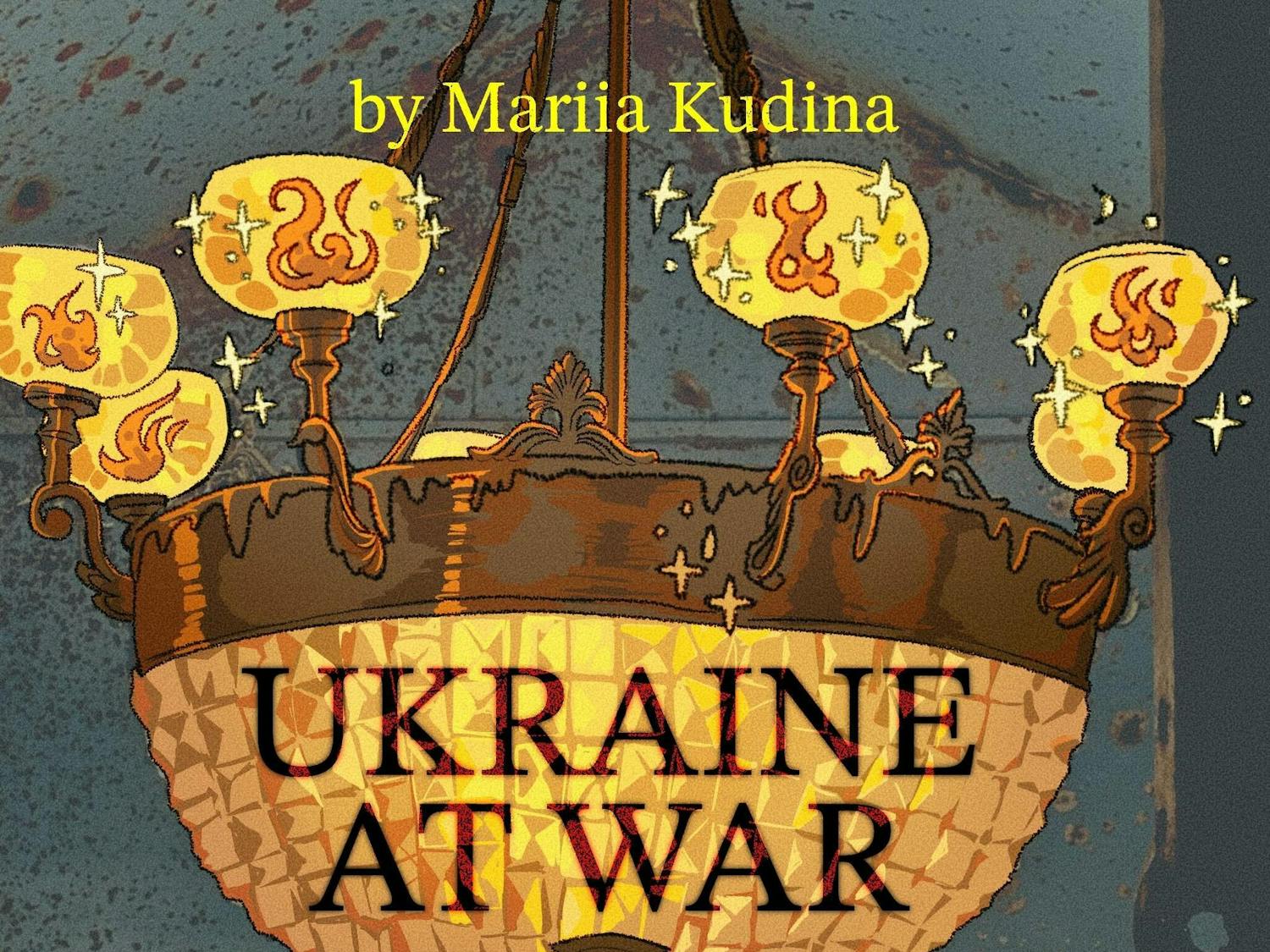Ukraine at War: A reflection on the deadly attacks in Kryvyi Rih and Sumy
By Mariia Kudina | April 15On April 4, I was co-moderating a discussion on risks and art at the School of the Museum of Fine Arts at Tufts University for the event “Arts and Society: Dialogues.” I was looking at my phone and going over the sample questions to ask the participants when I received a text from my mom saying, “We were outside with your brother and our dog, the explosion felt far but the ground was shaking.” Momentarily, I tracked back my thoughts to before the event. Right before the discussion, I saw a notification that there was an air raid alert in Kryvyi Rih, possibly due to the missile carriers being launched in Russia. I had a feeling that this was not a precautionary alert, yet never in a million years would I assume that the attack would be that deadly.



